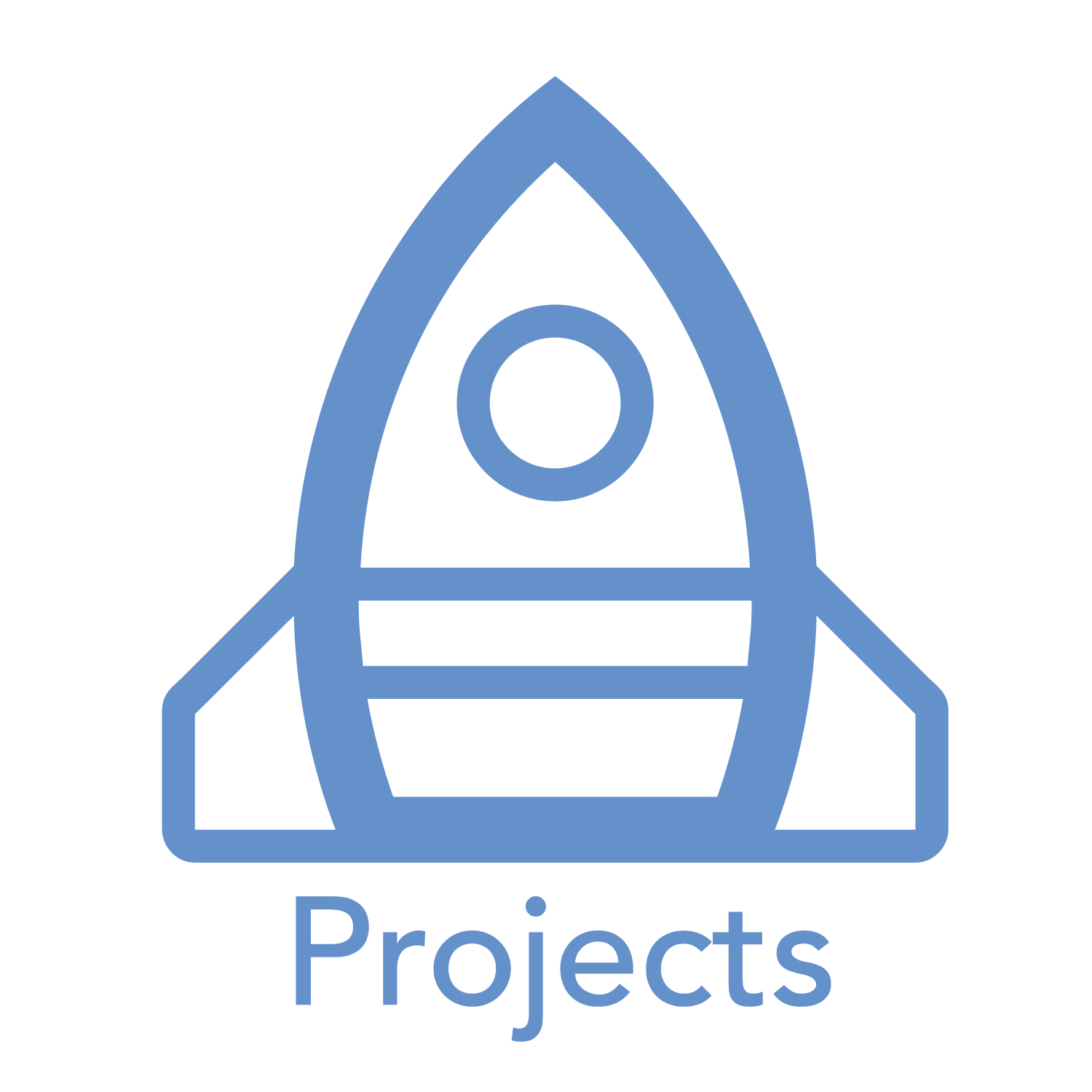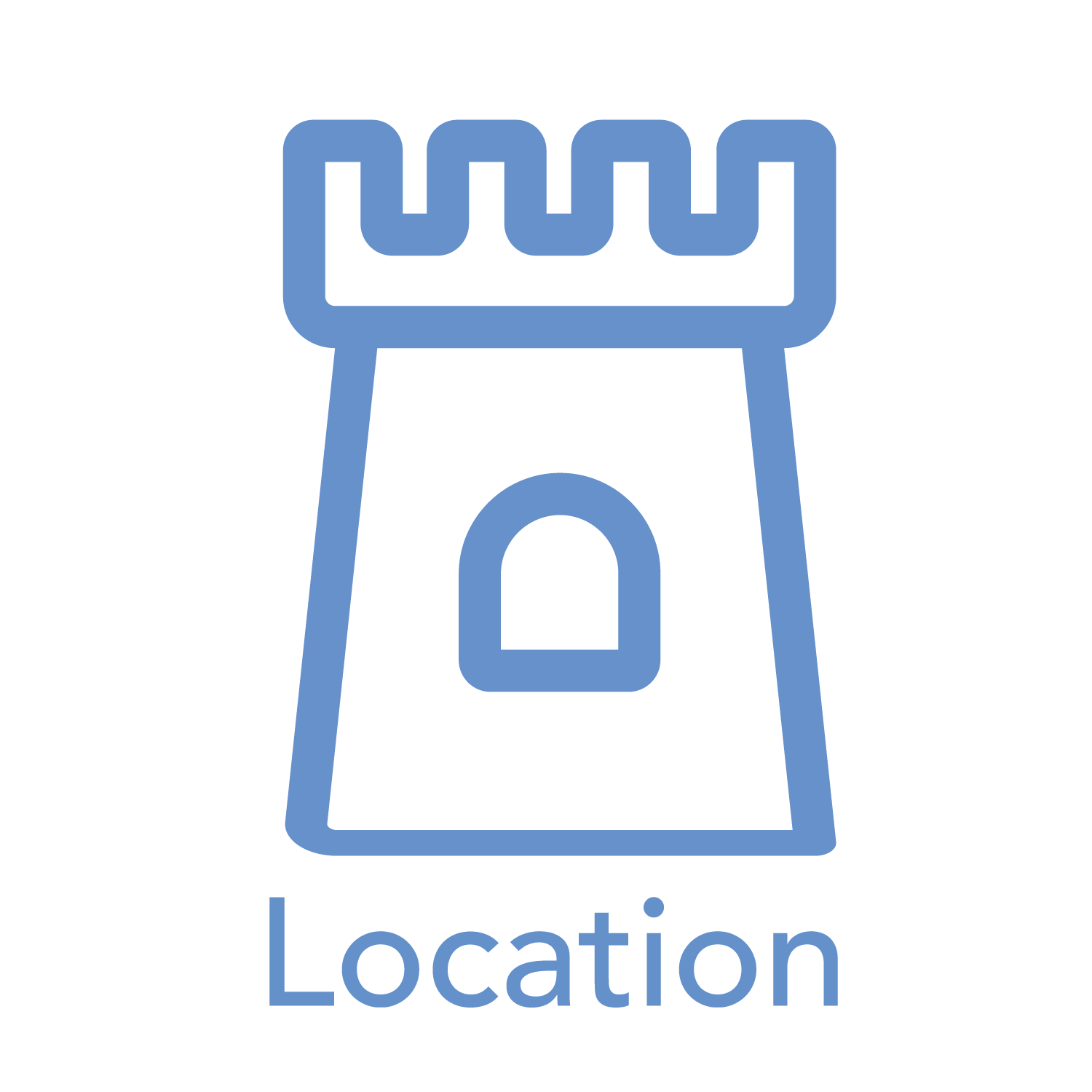Homeschooling 101
Sometimes it just becomes clear to you: Maybe it’s the day you really notice that your child always dances when she learns; or he dreads going back to school; or your child is someone who’s broadcasting on a gentler or more creative frequency than most other kids. Sometimes it’s the old adage: ‘behavior is communication’ and they are sending out a distress signal. Maybe your child is needing services that regular school can’t or won’t provide; or maybe the class sizes and chaos are just too much for them; or maybe you want them to be seen and to feel free to be their authentic self. Sometimes, you just know they are a lot like you… and you’d like to help them avoid some of the hardships you might have experienced in mainstream school.
And then you find yourself researching terms like ‘Alternative Education’, ‘deschooling’, ‘home-based-instruction’, and ‘eclectic homeschooling.’ This is good parenting: listening & tuned in to that signal. Like any other parent, you just want your child’s needs met, you want what’s best for them, and you’re advocating for it. You got this!
Mark Twain: “I have never let my schooling interefere with my education”.
Paths Through the Resistance
Like any change, you may discover some hurdles or speed bumps ahead. There are many possible sources, including yourself. It’s no small thing figuring out the schedule, the sacrifices, and tapping into your own self-confidence to take the leap into the role of educator. But here’s the not-secret truth: You’ve already been a home-educator! Yes, you already have parent-educator on your resume: Ages 0-5, you were your child’s primary teacher. And you did GREAT: they learned the BIG milestones from you. Re-connect to that power & experience. Also, you don’t have to do it alone: ‘Camp Grandpa’, Aunt Holly’s Chef week, and classes, camp, group lessons, and programs abound (not just TDA).
After the research stage, oftentimes the following sources of resistance can appear:
School staff: Some are delightful, informed, and empowering. Some are blissfully ignorant of what homeschooling really is and give out misinformation unintentionally. And some (sometimes under a misguided belief that homeschooling is the source of their funding problems) are actively under orders or are purposefully discouraging parents from choosing anything other than their school, regardless of what’s truly best for that student or their family’s needs. Some even go so far as to tell parents ‘If you wanna homeschool you have to do it through our homeschool parent partnership or resource center” - which is utterly false.
Intimidating (-looking) laws: And any parent looking into Homeschooling will notice there seem to be some serious laws* involved with education choice. The core truth about knowledge & the law though is SIMPLE: “the only people who must know and follow the Homeschooling laws in WA ….are us parents.” That is why, as a community, we have each others’ backs and there is an amazing advocacy group like the W.H.O. (The WHO breaks those legalese laws down into plain English & practical application: really there are just #SixSteps to Legally Homeschool in WA).
*= RCW 28A.200.010, 28A.225.010, 28A.150.350, mainly.
Family: Probably one of the hardest Gordian Knots to puzzle out is when your parents, spouse, siblings, adult children, and/or other family fight against choosing this form of education. Maybe they aren’t aware of the benefits of homeschooling or are committed to believing last century’s myths about home education; maybe they don’t know that thousands of successful people were homeschooled; maybe they don’t trust that you & the kids can do it. And sadly, rather than offer their support to the kids and their unique needs, they sometimes oppose, question, and try and invalidate your choices (about the children only you know best).
The most common of these involves what we homeschoolers call “the dreaded ‘s’ word!” a.k.a. ‘socialization’.
To those of us who’ve been homeschooling for years, especially in Seattle, this classic anti-homeschooler fable is laughable for a number of reasons: Modern Homeschoolers are not sitting literally at home at a school desk like a lonely goldfish in a bowl in an empty room - we are out and about, part of clubs, groups, events; we attend proms, holiday parties, classes, part-time academies just for us, skate parties, book clubs, writing groups, shared gamer servers, in-person co-ops, forest schools, overnight campouts, and more. In short, our young student-socializers enjoy the ultimate in flexible schedules, experiential learning and socializing because in the Seattle area, homeschoolers have an amazing, supportive network & social community. Mainstream schools too-often have kids sorted by date of manufacture, sitting alphabetically, told to sit still and not talk in class …for a fixed 40 hour workweek. Homeschoolers socialize more often, for more hours, and with far more variety of ages (than just their own ‘grade’) - we have the time to do so!
Whereas, it can be instructive to compare to public school: an interesting example of public school’s (in)ability to provide socialization comes from Mercer Island SD, just barely a decade ago: At recess, neither the kids nor the adults could figure out how to play the game of Tag without it devolving into assault, accusations, & argument-fights - they had no idea how to work it out, and the schools literally took the step to ban the game of Tag. The School District ended up paying over 70K to an outside consultant to help them fix it & relearn how to play it on the playground. [No, no joke: https://www.washingtonpost.com/news/morning-mix/wp/2015/09/25/school-district-replacing-game-of-tag-because-it-involves-touching/]
Which one of these is a healthy social life? And between Mainstream school and home based instruction, which can put the student, social time, -and their love of learning- first?
Another common obstruction family or school staff will offer is the shaky presumption that Public/Mainstream school is the yardstick by which to measure. They say things like “But how will you keep up with Public School?” and similar ideas. Even a small amount of scrutiny shatters this, and begs the question: why aren’t more people reframing the question back at them as “Why should we hold mainstream school up as an example of what is always best for all kids?”: Our mainstream schools have horrible drop out rates*, health/crime/safety concerns, a travesty of far too many abuse cases, a stagnated test score record across the nation (despite billions invested in ReformEd, standardized testing, & EdTech), racist and classist and sexist achievement gaps, and a truly tragic illiteracy rate.^
These cannot be the signs of an education system to be envied.
(* = on-time graduation rate in 2023 was 84% average (down from 87% the year before) … but it’s only 67% for black students, 53% for any youth in foster care; and 69% for any low income families);
(^ = Also according to OSPI: currently (2024/25) half of all WA students are not reading at grade level!).
Also, Public School kids are held back from interest/learning in certain subjects until they reach ‘the correct grade’: whereas, with Homeschooling, your child’s interests can lead the way at whatever age they occur. When you literally reward their inquiry with positivity and more learning, education becomes its own reward.
Other myths prevail: “It takes too much money to Homeschool, doesn’t it?” (No, $90 the first year and less than $40 each year after that is the most you’d have to spend on required materials IF you don’t already have the one&done items taken care of.) Lots of resources are online & free or near-free (from printables to online courses like Khan Academy); lots of programs have sliding scales or scholarships/FA, most everything you need can be acquired at our local library system (ranked the nation’s 2nd best). Can you spend thousands on curriculum kits & other optionals? - Sure, if you want to - but beyond the Annual Assess-or-Test and postage for the DOI form, no expenses are required.
Or another myth: “To homeschool, you have to have the school’s permission and start on a certain day” (Both false: Schools have the same amount of authority they have over you choosing to switch to private school - that is to say: none — and, you can Formally Withdraw and start homeschooling any day of the year!)
Or.. “It’ll be too hard: I’ll have to take attendance, and do every subject every day / be teaching 40 hours &/or I’ll have to teach subjects I don’t know well.” These myths are also untrue: Homeschool requires zero attendance tracking -in fact, there is no government reporting for parents in WA State, at all. Instead there’s a yearly assessment or test, the results of which are for you only / to help inform your homeschooling. You can take private classes, hire Mathnasium or Kumon to augment, or even attend your local-attendance-area school part-time for that one subject you’re not confident with yet. It’s also far more independent and flexible; you have the same status and power as a Private School in many ways, and can create a halfday schedule, or a 3 day/week schedule if you want. A typical homeschooler has 2-3 hours of instruction per class day [Turns out small class sizes really are the best thing ever!]. And as far as subjects go, you do those whenever you want (again, your student’s interests can lead that learning) as long as all of the ‘eleven required’ are covered by the time they are 18.
Arguably the most damaging mistruth is the idea that Homeschoolers are at some sort of disadvantage in regards to college - when quite the opposite is true: college application officers (and, later, Fortune 500 companies) are seeking grads who are creative problem solvers, open-minded, innovative, divergent thinkers, who love learning. Homeschoolers frequently check most if not all these boxes, and over the last decade or two, policies have shifted to acknowledge the better value of Homeschooled students, even at the most prestigious universities. A solid example: Stanford University accepts only 3.6% of mainstream school applicants, but Stanford’s acceptance rate of homeschooled applicants is as high as 27%. [https://chewv.org/15-facts-homeschooled-kids-in-college/ + https://toptieradmissions.com/resources/college-acceptance-rates/stanford-acceptance-rates/]
Some people like to hear that homeschooling has success stories or names that they might know before they can be convinced - and Homeschooling definitely has those ‘celebrity’ successes, from politicians and judges, to heroes and pioneering innovators. Among them: Simone Biles, Pres. Teddy Roosevelt, Agatha Christie, Thomas Edison, Clara Barton, Taylor Swift, Susan B Anthony, Albert Einstein, Beatrix Potter, Pres. James Madison, CS Lewis, Emma Watson, Sandra Day O’Connor, Wolfgang Mozart, Nelson Mandela, George Patton, Laura Ingalls Wilder, Charles Dickens, Pres. Woodrow Wilson, Andrew Carnegie, Misty Copeland, Ansel Adams, Winston Churchill, Serena & Venus Williams, Frank Lloyd Wright, Patrick Henry, Florence Nightingale, Pres. FDR, Phillis Wheatley, JRR Tolkien, Pres. Abraham Lincoln…
Homeschoolers are intelligent, perceptive, skilled, tenacious, confident, & capable.
Ultimately, the roadblocks that your folks, your neighbor, your favorite school staff, or whoever else might offer are just opinions. You know your child best, and whether mainstream school is going to be enough for them or be the right fit for what they need. And the facts favor homeschooling: better outcomes, individualized education, amazing flexibility.
And there’ll be days where you’ll struggle, and doubts may creep in. One affirmation that can be important is to go back to your ‘why’. Remind yourself why you are doing this (maybe even write it out, like a (home)school mission statement). And a better connection to our kids is a 100% valid ‘why’, by the way!
Also, you know your child best. You are the most qualified person to homeschool your kids. Some would argue that ‘perfect education’ is not what we are going for, either: but rather that our job is to be showing a deep love of learning and commitment to our children & connecting with them. Because those are the things that will last with our kids and add to the relationship with them - even if, say, the details of the year 1066 may fade away a bit.
“Don’t question your ability to teach your child. Question putting your child into the same system that left you feeling incapable of teaching your child” - Unknown
Basics for Non-Mainstream Education in Seattle
Washington Homeschool Organization (WHO) is an excellent resource for homeschoolers, including advocacy protecting your rights to choose the best education for your children, continuing education, and great resources on different options to meet education requirements.
Washington State education statistics. Notice in this document the enrollment facts: there’s been an exponential growth of homeschool/unschooling in Washington State. While public school enrollment rose by 0.6%, and private school shrank by 1.8%, home-based instruction grew by 8% in 2014. Around 2016, Washington State had over 16,582 registered (age 8 and up) homeschoolers; in 2025 this number has grown to an estimated 40-45,000!
This is the a must-have link for all home-based learning families in our area: The “Pink Book.” The “Pink Book” is a collection of all of Washington State laws affecting home-based instruction. However, be aware it’s most certainly skewed to the OSPI’s point of view.
Learning Standards
If you are a parent curious about the state standards and average milestones for learning expectations, these documents are helpful resources:
This website is a good clearinghouse of all the Public School grade level expectations (GLEs) and essential academic learning requirements (EALRs) which are designed to prepare children for public school graduation. Please note that the English and math expectations are undergoing major upheaval due to retooling related to Common Core.
Sample public school 1st grade social studies unit outline.
Public school superintendent’s arts standards.





